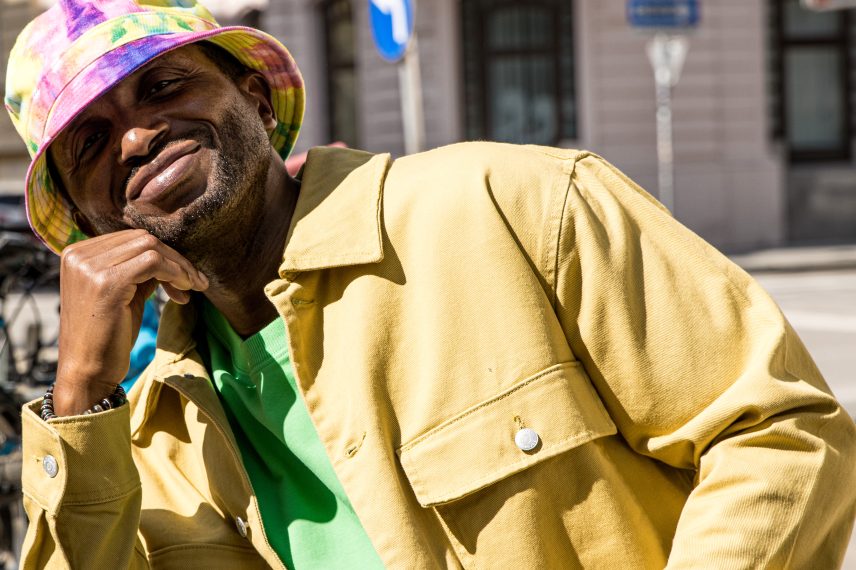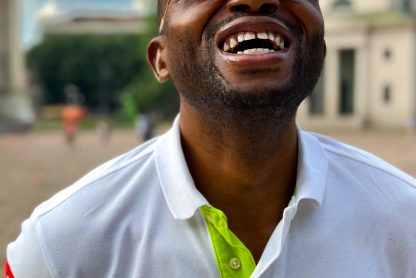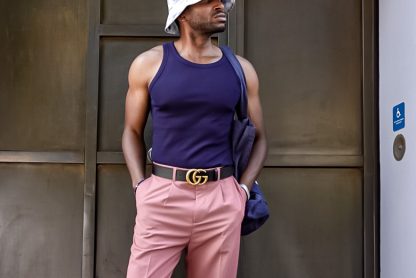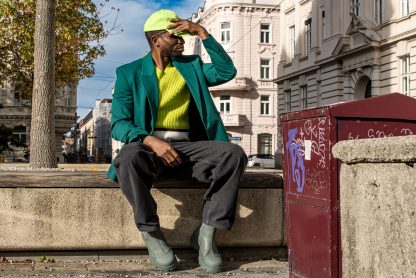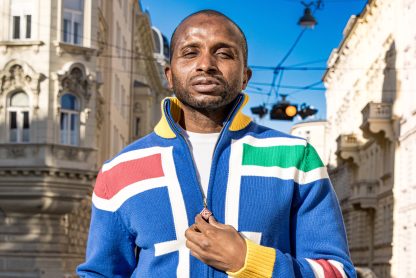It’s an act of liberation and resistance to embrace and celebrate our black African queer joy in a world that often tries to define and limit our identities. It is also a powerful declaration of our existence, authenticity, and unwavering spirit. This article aims to illuminate the magnificence and tenacity inherent in the intersections of our blackness, African heritage, and queerness. It is an invitation to dive into and amplify the stories of black African queer happiness, as we challenge societal expectations, triumph over obstacles, and reclaim our rightful place in the fabric of life.
As individuals of African descent who identify as black, we navigate the complex complexities of intersectionality, embracing the distinctive amalgamation of our racial, cultural, and sexual identities. This interconnectedness allows us to challenge the current situation, get rid of preconceived ideas, and create environments where our different selves can thrive.
Being a member of the black queer community and being black entails a set of challenges and prejudices that are distinct from those faced by other groups.Despite our shared queer identity, we still face distinct challenges such as racism and other forms of discrimination that may be overlooked by other queer individuals.
We must make them aware of these differences and speak about them. Through this awareness of intersectionality, we can better acknowledge and ground our differences. Culturally, things are different and the better we understand how we navigate as queer Africans regarding culture, the better joy and comfort we will begin to experience. Find your voice, attain tranquillity, self-assurance, self-identity, happiness, and blossom within our wholesome and distinctive experiences as queer black people and Africans.
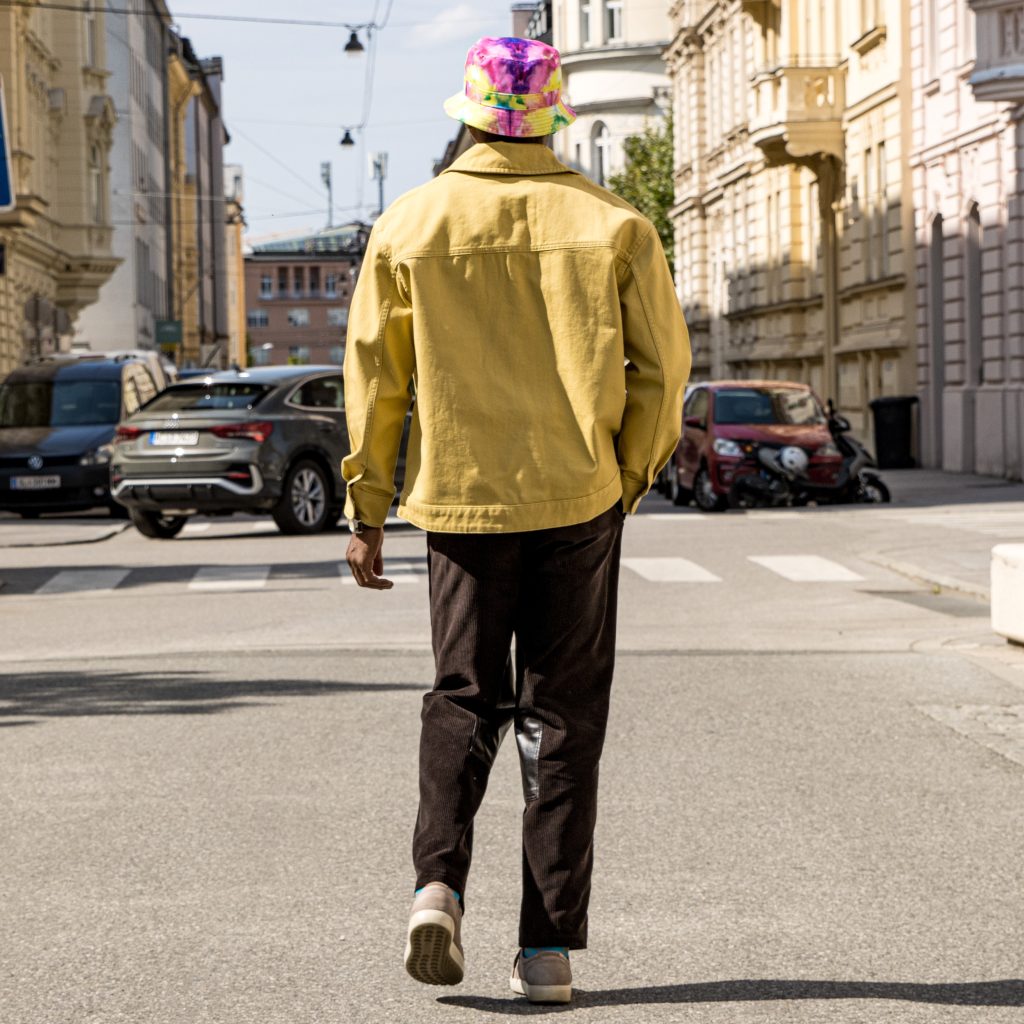
Building Self-Acceptance:
The journey to self-acceptance often begins with finding joy in our black African queer identities. It requires us to break free from societal expectations and recognize that our authentic selves are worthy of love and celebration. By embracing our authentic selves, we serve as a catalyst for others to emulate our actions, thereby instilling a sense of belonging and empowerment within our community.
For me personally, it took me years to accept that society does not care about me and what I feel, even though I accepted myself for who I am. I had to make that deepest of peace and acceptance on the inside. It has greatly improved my mental state in every way. This has genuinely fostered a good, healthy relationship with my sexuality and who I am. As of today, I am no longer concerned with whether anyone is aware of my homosexuality. Their perception of me is no longer of significance to me. I am not concerned. If anything happens to us as queer people today, these so-called individuals will continue to lead their lives. Be the best you can be and live your truth. I am aware that it can be challenging and varies for each individual. All that is required is resiliency, tranquillity of mind, perseverance, and allowing love to lead the way for us.
Creating Supportive Communities And Support Networks:
Community plays a crucial role in nurturing our black African queer joy. Creating supportive networks, both online and offline, allows us to connect with like-minded individuals who understand our experiences and celebrate our successes. Our goal is to create secure environments where our voices are acknowledged, our experiences are shared, and our joy is amplified.
Personally, it took me a considerable amount of time to develop a sense of confidence in revealing my sexual orientation to others, but I am now at a point where I am comfortable. Fortunately, I have a few individuals who have become my chosen family, who are always there for me, regardless of any challenges. Support systems are important, and they don’t have to be from your biological family. We can meet people in many ways these days. It is advisable to have people in your life who share your experiences.
I’ve met fellow queer people, Africans and non-Africans, blacks and non-black people, who have become an integral part of my life and who are also part of my community and support system. We need great communities and support systems. We can create online spaces, WhatsApp groups, and forums to name a few. Another effective approach to aid in achieving a sense of comfort is to engage in the social media activities of other queer individuals and queer African individuals.
I am aware that navigating the challenges and journeys of life can be challenging and individual; however, it is essential to note that it is not necessary to be visible or display your pictures on these platforms to benefit from the diverse communities that may be available to you.
Please remember that it is about our humanity, peace of mind, happiness, and self-acceptance.
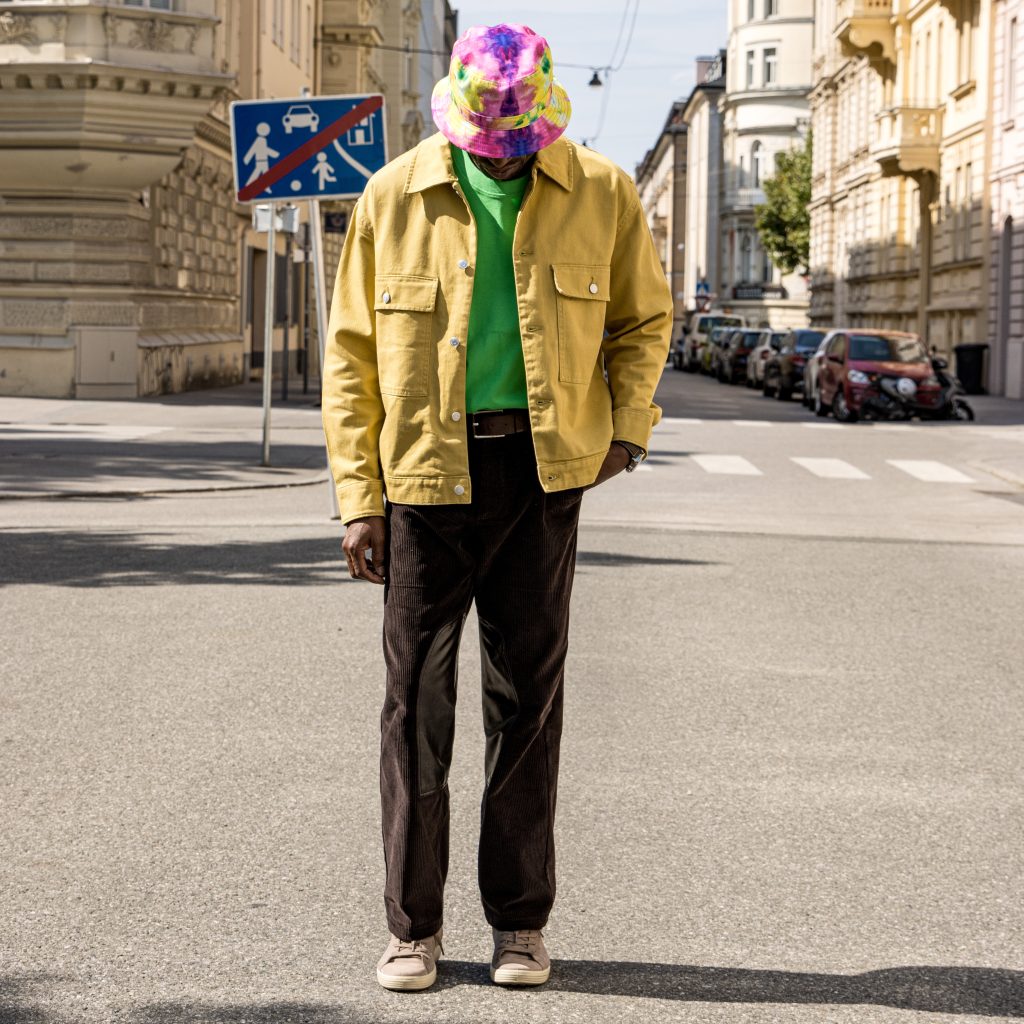
Recognizing Resilience And Resistance:
Our joy as black African queer individuals is a testament to our tenacity in the face of adversity. Although we face societal discrimination, homophobia, and transphobia, we find strength in celebrating our identities and standing tall in our truth. When we reclaim our joy, we actively resist systems that seek to diminish our worth, making space for future generations to find inspiration and hope.
We have to celebrate the fact that we are resilient, that the resilience and resistance we have is unmatched, and that this should be celebrated every day. For as long as I can remember, we have been fighting, and this shows great resilience. It is imperative to strive for excellence, acknowledge one’s uniqueness, and express unconditional love for oneself. I would like to emphasize that we are not going to cease existing. Being queer and African is a privilege that deserves to be acknowledged, and I kindly request that you continue to embrace your identity. You don’t have to feel ashamed to be queer and African.
Inspiring Positive Changes And Progress:
Our joy is not only an act of personal liberation, but it is also a catalyst for societal change. By embracing our truth and embodying joy, we challenge harmful narratives, spark conversations, and pave the way for a more inclusive and accepting world. Our visibility and commitment to joy can inspire others to question biases, foster empathy, and dismantle systemic barriers.
As I always say, you are not going to disrespect us or treat us less than, at the end of the day, we are all humans and every human deserves love, care, and respect.
I have had conversations with a few of my relatives and friends who were not entirely understanding, and I am familiar with the outcome. Despite the discomfort, I had to speak my truth and convey that my identity will never change, regardless of their desires. I was born this way, and it will never change.
Don’t make yourself appear small because you aren’t. Be who you are, be loud, be kind, and live your life the way you want to.
At the end of the day, we aren’t in anyone’s space. Our only goal is to live our lives the best way we can.
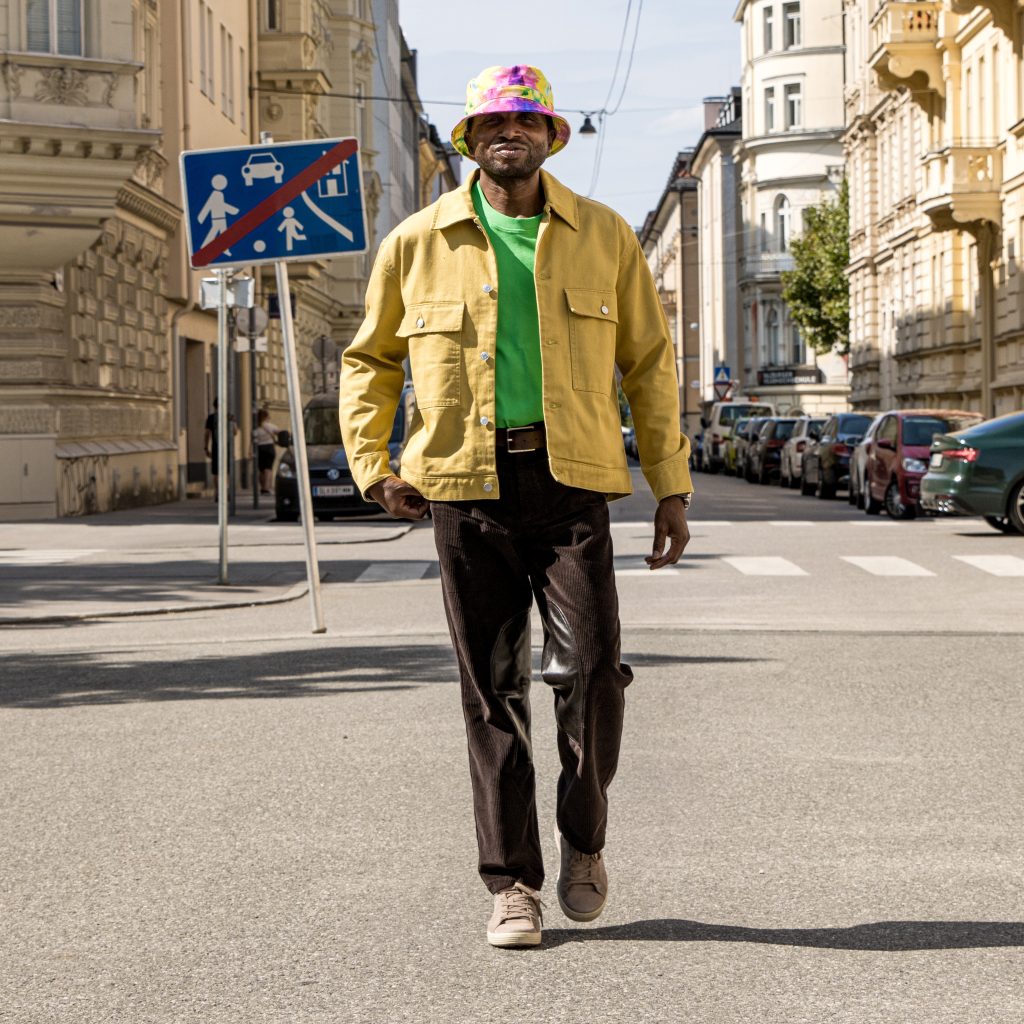
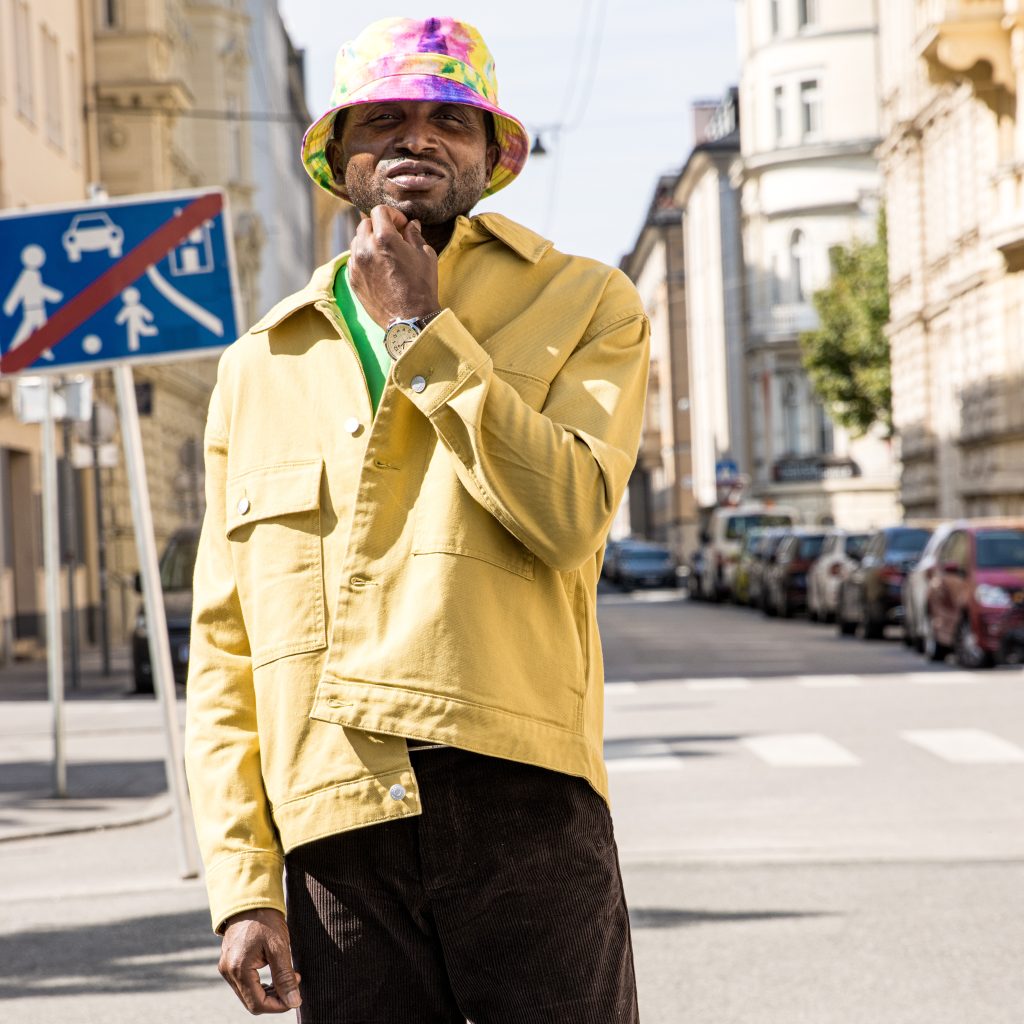
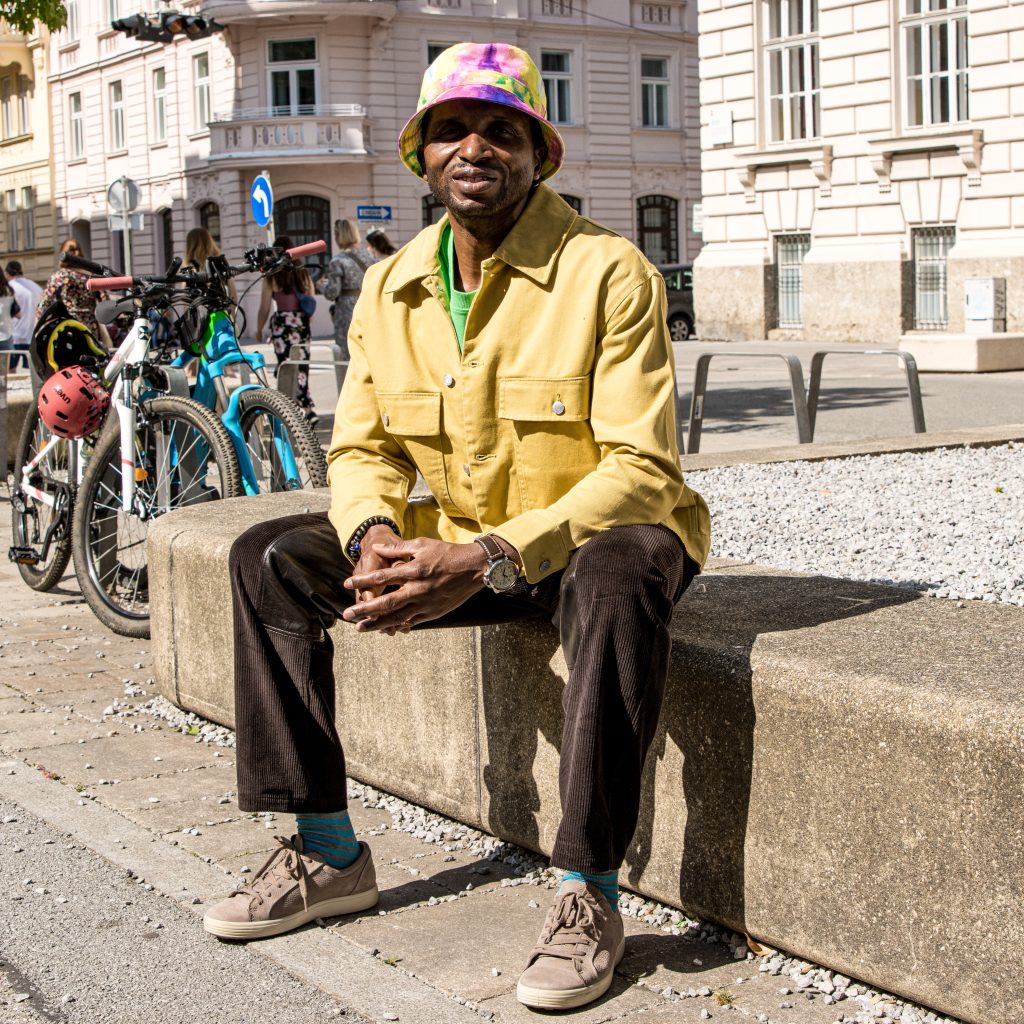
Conclusion:
Embracing our black African queer pride is a revolutionary act that affirms our worth and celebrates our rich heritage. This demonstrates the awe-inspiring quality of our diverse experiences. It is a journey of self-discovery, resilience, and resistance. By fostering self-acceptance, fostering supportive communities, and instilling change, we can create a more promising future where black African queer joy is acknowledged and embraced without hesitation. Let us persist in uplifting one another, amplifying our voices, and relishing the warmth of our shared joy.
Remember to make peace with who you are, love yourself loudly, celebrate who you are, be kind to yourself, live in your truth, and be unapologetic.
It is imperative that we never forget that being queer is a characteristic of African culture. Love is love, no matter what, and equality always wins.




